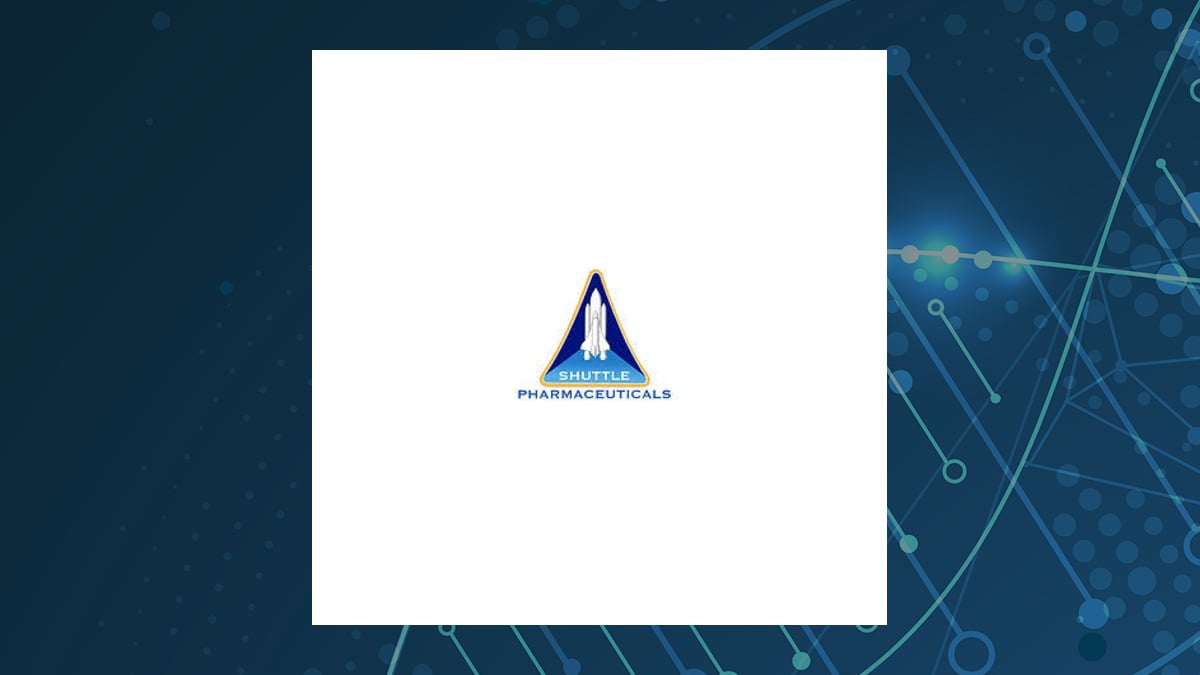
Shuttle Pharmaceuticals Holdings, Inc. recently disclosed in an 8-K filing to the Securities and Exchange Commission that the company has started enrolling patients and administering doses at the UVA Cancer Center. The endeavor is part of its Phase 2 Clinical Trial of Ropidoxuridine for the treatment of individuals with glioblastoma. This trial follows a previous announcement regarding patient dosing at the Miami Cancer Institute, under the Baptist Health South network.
The Phase 2 study is slated to include an initial group of 40 patients, divided into two distinct dosage groups of 20 individuals each – one receiving 1,200 mg/day and the other 960 mg/day. The aim is to determine the most effective dose for treatment. Once the optimal dosage is ascertained, an additional 14 patients will be included in the trial at the ideal dosage level. This adjustment is expected to enable statistical significance, particularly concerning survival rates compared to historical data.
A press release accompanying the filing highlighted the significance of the ongoing trial. Anatoly Dritschilo, M.D., Chairman and CEO of Shuttle Pharmaceuticals, emphasized the strategic alignment with esteemed cancer centers across various regions to cater to patients with the specific type of glioblastoma under study. The overarching goal is to elevate cure rates, extend patient survival, and enhance the quality of life for individuals grappling with glioblastoma through the judicious use of radiation sensitizers.
Shuttle Pharma’s lead candidate, Ropidoxuridine (IPdR), has been earmarked as a potential game-changer in the treatment of glioblastoma and recently secured Orphan Drug Designation from the FDA, potentially offering marketing exclusivity upon the initial FDA approval for disease treatment.
The Phase 2 trial is being conducted not only at UVA Cancer Center but is also active at other renowned institutions including Georgetown University Medical Center, John Theurer Cancer Center at Hackensack University Medical Center, Allegheny Health Network (AHN) Cancer Institute, and Miami Cancer Institute, ensuring a broad geographic coverage for the study.
The potential impact of Shuttle Pharma’s clinical advancements is immense, particularly given that approximately 800,000 cancer patients in the United States undergo radiation therapy annually. As per statistics from the American Cancer Society and the American Society of Radiation Oncologists, nearly half of this patient population receives curative treatment, presenting a burgeoning market opportunity for radiation sensitizers.
Please note that the content above is forward-looking and inherently carries risks and uncertainties. Readers are advised to refer to Shuttle Pharma’s filings with the SEC for detailed information on risks, expectations, and performance metrics.-
This article was generated by an automated content engine and was reviewed by a human editor prior to publication. For additional information, read Shuttle Pharmaceuticals’s 8K filing here.
About Shuttle Pharmaceuticals
Shuttle Pharmaceuticals Holdings, Inc, a clinical stage pharmaceutical company, develops novel therapies to cure cancers. It develops Ropidoxuridine, an oral halogenated pyrimidine to treat patients with brain tumors and sarcomas SP-1-161, an HDAC inhibitor that initiates the mutated in ataxia-telangiectasia response pathway for radiation sensitizing cancer cells and protecting normal cells; SP-2-225, a pre-clinical class IIb that effects on the regulation of the immune system; and SP-1-303, a pre-clinical selective Class I HDAC for the treatment of ER positive cancers .
Featured Stories
- Five stocks we like better than Shuttle Pharmaceuticals
- Investing in the High PE Growth Stocks
- 3 Stocks That Authorized $1 Billion Stock Buybacks to Boost Value
- What is the FTSE 100 index?
- Pure Storage’s GenAI Pods and AI Trends Could Spark Recovery
- The How And Why of Investing in Oil Stocks
- Is Seaboard Corporation a Thanksgiving Feast for Investors?
